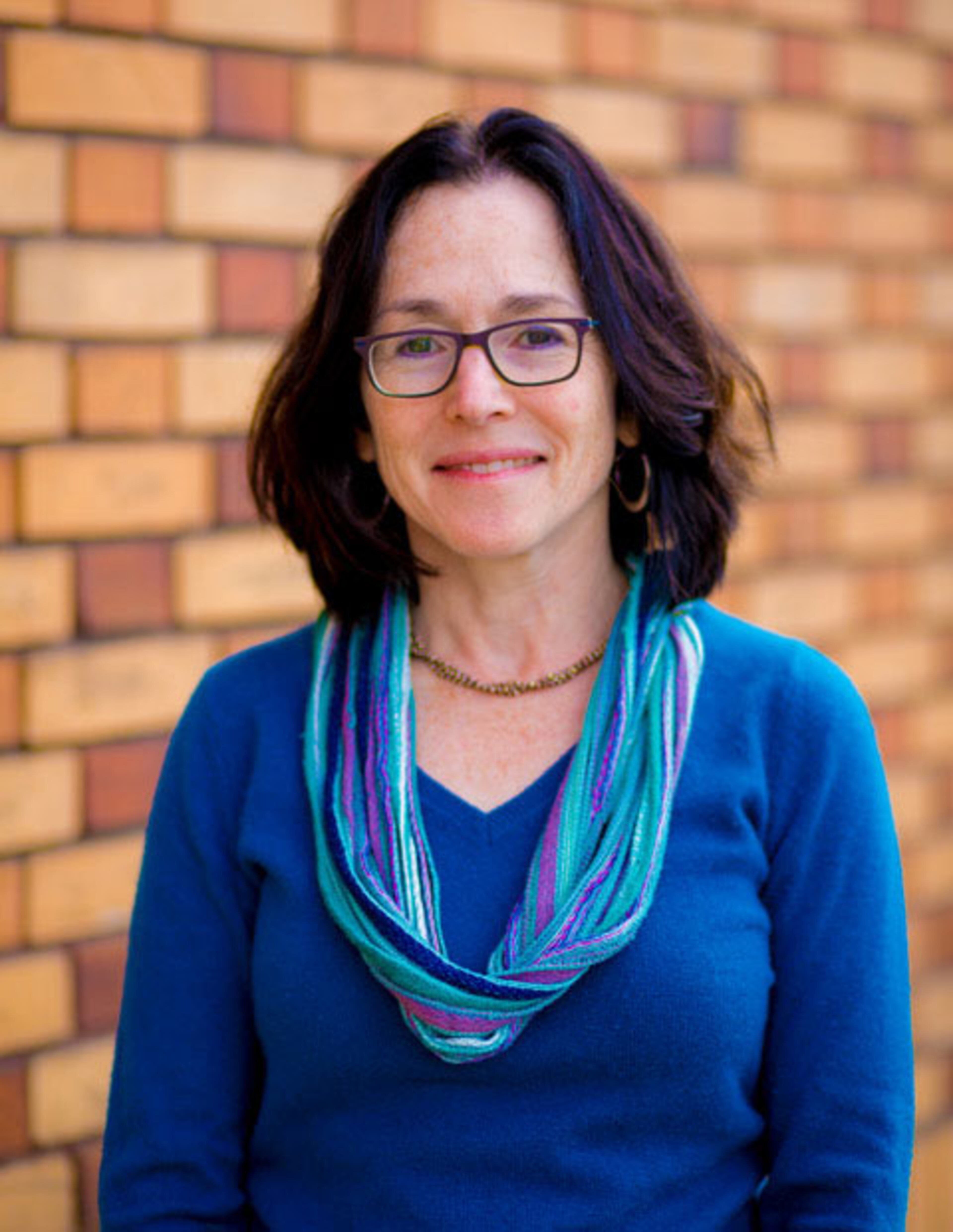Opinion: Rethink how we teach math

As founder of Just Equations, a nonprofit focusing on expanding math opportunities, Pamela Burdman says math instruction today often misses the mark, focusing on procedures, algorithms, and memorization rather than on an understanding of the real-world relevance of math.
A former journalist, Burdman was a program officer for the William and Flora Hewlett Foundation where she devised and put strategies in place for strengthening college readiness and success. She earned a bachelor’s degree from Princeton University and master’s degrees in business and Asian studies from the University of California at Berkeley.
Her organization believes quantitative literacy is a right, not a privilege, and a critical lever to ensure education equity.
By PAMELA BURDMAN
Over the past year, there has been understandable alarm among educators and parents about “learning loss,” the risk that—due to technological and pedagogical limitations of distance learning imposed by the COVID-19 pandemic—students will forget important academic content or miss learning it altogether. Mathematics is of particular concern, given evidence that learning loss, as traditionally measured over summer break, is greatest in math.
But the narrow focus on students’ math skills obscures a larger, and potentially even more worrisome, loss: the absence of shared mathematical understanding. As has become especially evident, the use and misuse of math and statistics can divide us and even threaten our wellbeing.
Whether about mask-wearing as a public health strategy, funding police as a criminal justice strategy, or counting votes as an element of democracy, so many of our current debates are rooted in mathematical understanding. And as we calculate the risk of activities ranging from attending a protest to sending our kids to school, widely varying interpretations of data have been sources of strife.

Just as reading is essential to our ability to learn, understanding data ensures we can pursue our careers, participate in our communities, and manage our physical and financial wellbeing. Data science jobs have experienced a sevenfold increase since 2012. That is why the University of Georgia established a new data science program for undergraduates, now in its second year. And the Atlanta University Center recently launched a Data Science Initiative focused on increasing the number of Black data scientists.
Math should help clarify and illuminate—not obfuscate or spark division. A common grounding in mathematical reasoning is part of the fabric of a vibrant civil society. It’s time we rethink how math is taught, prioritizing data fluency.
The standard approach to math teaching in this country focuses myopically on procedures, algorithms, and memorization. It uses math performance and calculation speed to rank and sort students, while reinforcing the stereotype that math ability is innate. This pattern neglects the role of reasoning, obscures the real-world relevance of math, and turns off many students with inquisitive minds who see little to discover in the standard tedious activities.
Usually, we shrug and say these students—often women and students of color—just aren’t “math people.” In fact, the more mathematics is presented as opaque and clinical, the fewer students will develop numeracy skills important to their lives—and our collective futures. Besides narrowing opportunities for many, this “mathematics loss” can compromise the effectiveness of decision-making in civic spaces and our faith in public institutions. In fact, a recent study documented a link between numerical literacy and decreased susceptibility to COVID-19 “fake news.”
That’s why schools and colleges must double down on the role of math in democracy. A movement taking root in schools and colleges to ground mathematics in real-life data and instill the mathematical sense-making necessary for participating in civil society is central to modernizing mathematics. And Georgia is one of three states participating in a national initiative called Launch Years to lead that work to make math education rigorous and relevant.
Though the data science expansion began with universities, it is quickly taking off in high schools. For example, one of the lessons in a data science course developed by YouCubed at Stanford University supports sixth through tenth graders in examining publicly available data from a national survey to study trends in social media use. Students then learn about sampling by surveying their friends and family members and comparing the findings with the public data.
A high school course developed at the University of California-Los Angeles teaches students to use the coding language R and basic statistical techniques while collecting data from their daily lives to analyze patterns like their snacking habits and stress levels. The six-year-old course is now being implemented in dozens of schools.
But for such changes to take hold in K-12 schools, universities must signal their priorities in another way: through their admissions policies. Selective colleges typically expect students to follow the narrow, traditional pathway from algebra to calculus, the very classes that alienate vast numbers of students from engaging in mathematical discovery.
As universities embrace data science as a rich and promising discipline and tout their priority to diversity, such admissions policies need to change. Rather than continue using outdated math requirements that arbitrarily filter students out of college opportunity and turn students off, let’s support strategies to re-engage students in mathematical inquiry and rediscover shared mathematical truth.

